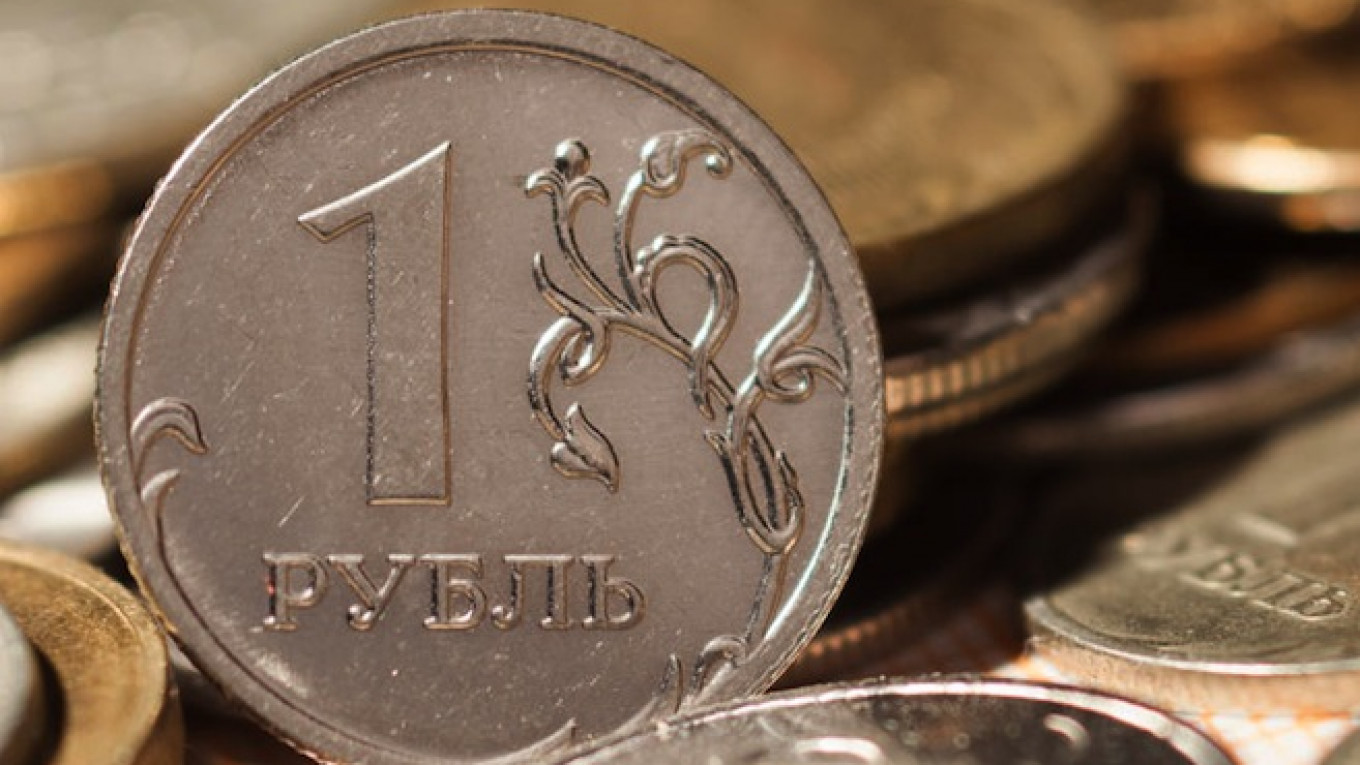KALININGRAD — Keen to dodge threatened Western sanctions against its companies over the Ukraine crisis, Russia said on Wednesday it was looking at ways to make its major state-owned exporters such as energy giants receive payment in rubles.
The idea of major exporters being paid in rubles rather than dollars has been gaining ground in recent weeks in response to sanctions imposed by the West on officials and companies over Russia's annexation of Crimea and an uprising in Ukraine's east.
"Here there are certain risks, but we are preparing a mechanism, we are working on it," Finance Minister Anton Siluanov told reporters during a visit to Russia's Baltic enclave of Kaliningrad.
"Here there are certain costs for exporters and for the buyers of our export products because they will have to buy rubles, and the ruble is now somewhat volatile, plus there is payment of commission," he said.
In response to Russia's actions in neighboring Ukraine, the United States has sanctioned 18 Russian companies, preventing U.S. banks from processing their dollar transactions.
Western governments have so far refrained from sanctioning major state companies, but they have threatened more sanctions that could target key sectors such as energy and banking if Russia further escalates the crisis in Ukraine.
Andrei Kostin, chairman of Russia's second largest bank VTB, backed the ruble payment idea last month as a step to reduce the West's hold over the Russian economy.
"Nuclear Weaponry"
Kostin referred to "calls by high-ranking Western leaders to isolate Russia, practically destroying the Russian banking sector, using modern 'nuclear weaponry' — dollar payments," he told a conference, in comments cited by the Vedomosti newspaper.
Kostin said just three state-owned companies, gas company Gazprom, oil producer Rosneft and arms exporter Rosoboronexport had around $230 billion in exports between them, accounting for 44 percent of all Russian exports.
In an interview with Russia 24 television on Monday, Deputy Finance Minister Alexei Moiseev said the government was in discussion with major state-owned companies about the possible transfer of their export contracts into rubles.
"Where there are additional inconveniences that arise from using the national currency, these are not very significant. One definitely needs to put up with these inconveniences because the additional security that arises from this is very significant," Moiseev said, in comments cited on the finance ministry website.
The proposal for making ruble payments compulsory would not apply to privately-owned exporters, he said.
Under the proposal, the buyers of major Russian exports would still be able to pay in any currency, Moiseev said, but a bank would need to convert the currency into rubles before it was received by the Russian exporter.
Moiseev described the additional banking transaction costs as "minimal".
"Large London banks, which are oriented towards the London currency market, practically all offer competitive contracts for converting rubles and for hedging ruble currency risk," he said.
However, the idea came under fire from Alexei Kudrin, Russia's influential former finance minister, who said the additional costs it would impose on importers of Russian goods would make Russian exports less competitive.
"The foreign importer will have to buy rubles in Russian banks, spend money on banking commissions and take on the exchange rate risk," Kudrin said in comments to the Kommersant newspaper, cited on his personal website.
He said importers were likely to pass some of these costs onto Russian exporters, leading to lower revenues and taxes.
"We are in tough competition and the requirement to buy with rubles inevitable worsens the position of our companies in tenders," Kudrin said.
A Message from The Moscow Times:
Dear readers,
We are facing unprecedented challenges. Russia's Prosecutor General's Office has designated The Moscow Times as an "undesirable" organization, criminalizing our work and putting our staff at risk of prosecution. This follows our earlier unjust labeling as a "foreign agent."
These actions are direct attempts to silence independent journalism in Russia. The authorities claim our work "discredits the decisions of the Russian leadership." We see things differently: we strive to provide accurate, unbiased reporting on Russia.
We, the journalists of The Moscow Times, refuse to be silenced. But to continue our work, we need your help.
Your support, no matter how small, makes a world of difference. If you can, please support us monthly starting from just $2. It's quick to set up, and every contribution makes a significant impact.
By supporting The Moscow Times, you're defending open, independent journalism in the face of repression. Thank you for standing with us.
Remind me later.






